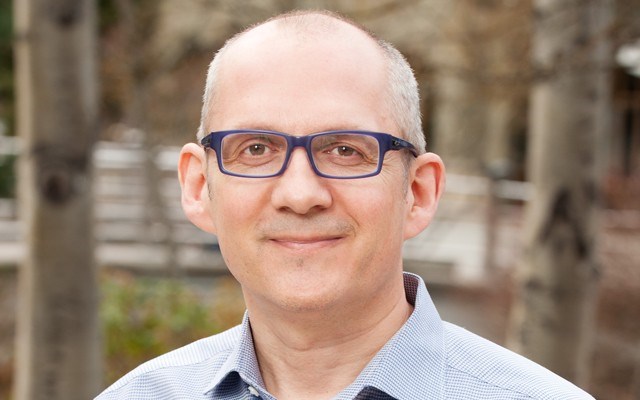With one of its biggest years coming to an end, the Resort Municipality of Whistler (RMOW) is hoping to capitalize on increased visitation.
An application is ongoing to apply for a one-per-cent increase to the hotel tax — or Municipal and Regional District Tax (MRDT) — and should be completed by the end of the year.
The increase from a two-per-cent to a three-per-cent MRDT would bring an additional $2 million or so to the resort, said municipal CAO Mike Furey.
"We want to use (the funds) on tourism programs and products, and marketing," Furey said.
"I think they'll be tremendously beneficial, because we get some support from the province to respond to our operational demands and needs, but we also use our other sources of revenue from the community, and so this would be another source for us to mitigate the asks that we put to the community."
The RMOW earned $4.57 million from MRDT in 2015, and is forecasting the annual total to climb to $5.45 million by the end of 2016.
The province opened the door to applications for the MRDT increase in September 2015, and the RMOW has been working on it since.
Along with the ability to apply for an increase, the province introduced updated guidelines around MRDT, which included new definitions outlining how the funds could be used.
The guidelines proved a sticking point for the RMOW, which delayed its application for the increase.
"We have run into some challenges around the interpretation of those guidelines," said Mayor Nancy Wilhelm-Morden, using the operations at Whistler Olympic Plaza (WOP) as an example. Under the new guidelines, MRDT money can't be used on WOP.
"On the face of it it might not seem like the operations of WOP would be something that's related to tourism... but in fact, when there's 5,000 people in WOP watching the Vancouver Symphony Orchestra... and when the concert is over and everybody leaves, the WOP needs to be spic and span overnight for the next day, so MRDT funds are used for that."
At the Union of BC Municipalities convention last September, the definitions issue was raised with minister Shirley Bond, who seemed receptive to Whistler's concerns, directing her staff to help sort the issue out, the mayor said.
"I have to say that MLA Jordan Sturdy has been very supportive of our efforts and very helpful, and we're confident that we'll be able to see these things through now, particularly with the minister's direction," Wilhelm-Morden said.
There have also been ongoing discussions with Tourism Whistler (TW) about the use of the increased MRDT.
"I think collectively we agree on the importance of looking at sharing it equally... a portion of it going into product development and a portion of it going into marketing," said TW's president and CEO Barrett Fisher.
"We work cooperatively with the municipality and we have an excellent working relationship today... they've been really good discussions and really meaningful."
A verbal agreement has been made, with a formal Memorandum of Understanding to be signed before the application is put forward, Fisher said.
Tourism Vancouver (TV) was one of the first to apply for the increase.
While it's too early to tell exactly what impact the additional funds have had, the organization has used the money to expand programming and marketing, particularly in China, said TV's Chief Financial Officer Ted Lee.
"I think it's a great thing," Lee said. "Tourism is getting more competitive every year, and the more resources and the prudent deployment of them, I think that would be better for not just respective destinations, but for tourism in British Columbia as a whole."




